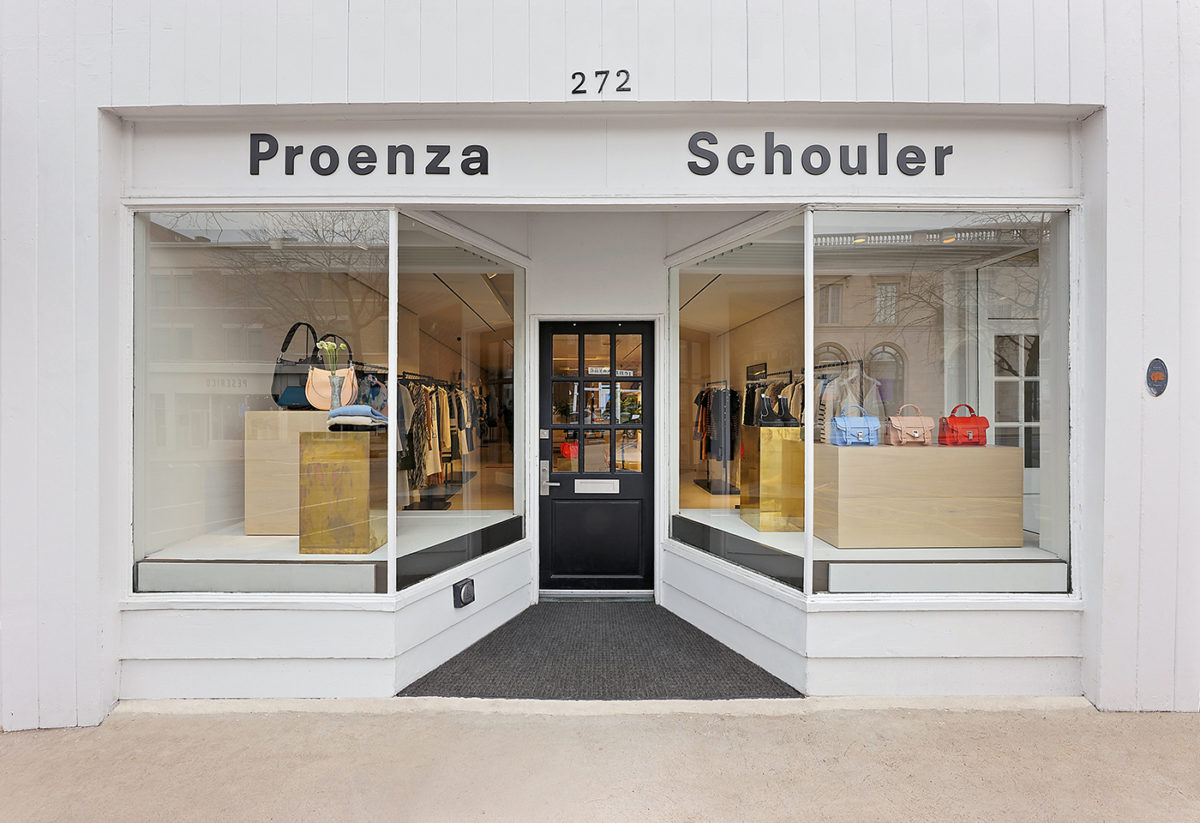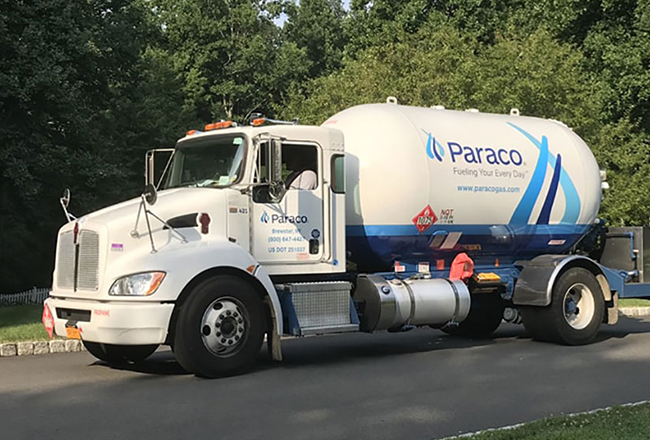The Siberian Huskies of South Salem are not entitled to a private kennel, according to an appeals court ruling, but they may still challenge the constitutionality of the hamlet”™s zoning law limiting the size of their pack.
The Second Appellate Court on March 10 upheld a lower court decision dismissing a zoning dispute brought by the huskies”™ owner, Edgar Muller, but ruled that the lower court must reconsider constitutional issues.

When Muller moved to South Salem, he could keep up to five dogs on his 2.1-acre residential property under Town of Lewisboro”™s zoning code. But he had six ”“ Charlie, Jack, Lily, Max, Ruby and Zoey.
Muller bought the property on Lockwood Road in 2014 and spent more than a $100,000 on fencing, converting a shed to a kennel, and creating what he has described as a “dog paradise” where huskies can run freely.
In 2016, one of his Siberian Huskies produced a five puppy litter: Buck, Cooper, Hunter, Marylou and Matilda. Muller meant to place them in homes, according to a court record, but he said he was unable to find suitable owners.
Lewisboro cited Muller in 2017 for having unlicensed dogs and for having too many dogs on the property.
Muller asked for a special use permit to operate a private kennel and for zoning variances to allow 11 dogs on property zoned for up to five dogs.
He proposed that the variances be limited to the huskies”™ lifetimes. As they died, they would not be replaced, and when the pack was reduced to five the variances would automatically expire.
They “are not just pets for me,” Muller wrote in a letter to the zoning board, “they are family.” Giving them away would be cruel, to “see them die of sadness or at a kill shelter. ”¦ I love them and I would not let them down.”
The zoning board of appeals rejected his application by a 4-1 vote.
Muller petitioned Westchester Supreme Court in 2018 to annul the board”™s decision.
His attorney, Nancy Tagliafierro of Brewster, argued that the decision was arbitrary and capricious because it was not supported by substantial evidence. The zoning law is unconstitutional because it divested Muller of property without compensation, she said, and the limit on the number of dogs has no legitimate governmental purpose.
Justice George E. Fufidio ruled that the facts supported the zoning board decision.
“While the court is not entirely unsympathetic to the petitioner”™s predicament,” Fufidio wrote, “this is a problem created entirely by the petitioner”™s own actions in the face of existing town laws. When the petitioner bought his property in 2014 it was already encumbered by the number of dogs he was legally allowed to have on it ”¦ and was too small for the operation of a private kennel.”
He ruled that Muller had also failed to establish that the zoning law is unconstitutional.
Muller appealed.
The panel of four appellate justices noted that local boards have broad discretion in considering variances, as long as their decisions have some objective factual basis. In this case, the appellate court found, the Lewisboro board had properly weighed the benefits for Muller against the adverse impacts on the neighborhood.
The zoning board decision was rational, the justices said, and was not an abuse of discretion.
But Fufidio erred when he summarily dismissed the constitutional issues, the appellate justices found, because separate procedural rules apply. Those questions were sent back to the lower court for further proceedings.





















